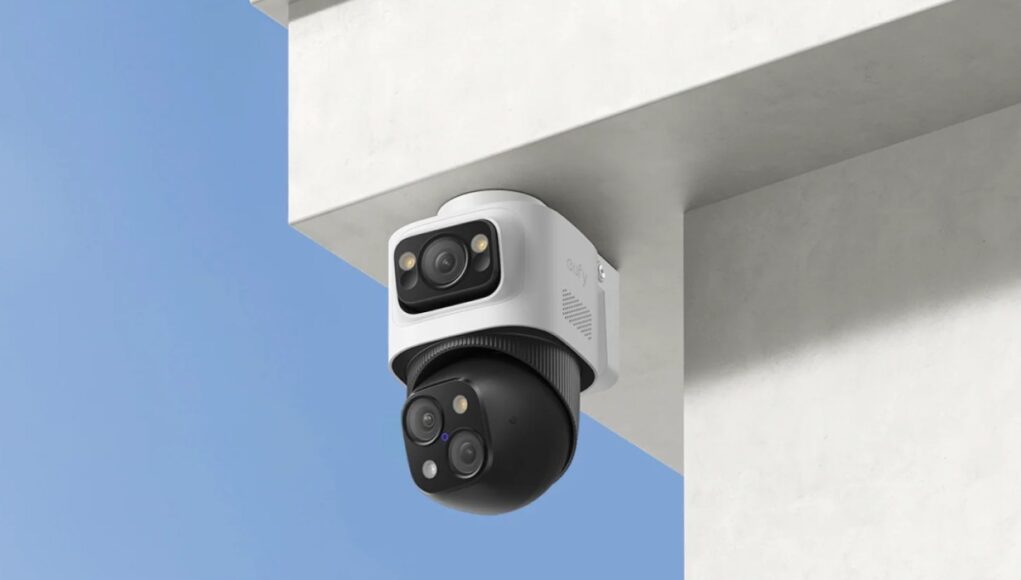Earlier this year, Anker, the Chinese company that makes Eufy security cameras, offered its users money in exchange for videos of packages and car thefts.
The popular internet-connected security camera maker said it would pay its customers $2 per video to train its AI systems to help better detect thieves who steal cars and packages.
“To ensure we have enough data, we are looking for videos of both real and staged events, to help train the Al what to be on the lookout for,” the company wrote on its website.
“You can even create events by pretending to be a thief and donate those events,” the website reads. “You can complete this quickly. Maybe one act can be captured by your two outdoor cameras simultaneously, making it efficient and easy. If you also stage a car door theft, you might earn $80.”
Eufy also wrote that “the data collected from these staged events is used solely for training our Al algorithms and not for any other purposes.”
This initiative shows that companies are willing to pay to get users’ data they think can be useful to train their AI models. While this gives some users the ability to get value out of their own data, there are security and privacy risks involved.
Case in point: Last week, TechCrunch found that Neon, a viral calling app that offered money to users willing to share recordings and transcripts of their calls, had a security flaw that allowed users to access any other user’s data. After being alerted of the security lapse, Neon went offline.
Hundreds of thousands of videos ‘donated’ to train AI
Eufy’s campaign offering $2 per video for theft videos ran from December 18, 2024, to February 25, 2025. More than 120 users responded on the campaign’s announcement page saying they participated in it, according to comments posted by users there.
The company’s goal was to collect 20,000 videos each of package thefts and of “pulling car doors.” Eufy users could participate by filling out a Google Form where they could upload videos and their PayPal account for payment.
Eufy did not respond to TechCrunch’s requests for comment and our questions, such as how many users participated in the campaign, how much money it paid those users, how many videos the company collected, and whether the company deleted the collected videos after training its AI systems.
Since then, Eufy has similar campaigns aimed at incentivizing its customers to send in videos to train their AI.
As of the time of publication, through another in-app campaign that Eufy calls the Video Donation Program to improve its AI systems, Eufy also offers users rewards that range from an “Apprentice Medal,” which appears to simply be a badge next to the user’s name in the app, to gifts such as cameras or gift cards.
Eufy is only asking for videos involving humans for this campaign.
The Eufy app also shows a “Honor Wall” that ranks users who have donated the most video events. The leader of the ranking has donated 201,531 videos, according to the app.
In the app’s page for the donation program, Eufy clarifies that “donated videos are only used for Al training and improvement. Eufy will not provide the video to third parties.”

Eufy also asks users to donate videos recorded with the company’s baby monitors. The support page detailing the steps to share the videos does not mention any money reward for these videos.
Eufy did not respond when asked about this particular initiative.
There are reasons to be doubtful of Eufy’s commitments to protect users’ privacy. In 2023, The Verge revealed that the company tried to cover up that users’ camera streams, which the company advertised as end-to-end encrypted, were unencrypted when accessed through its web portal.
After a back and forth with the tech news site, Anker admitted it misled users and promised to fix the issue.






